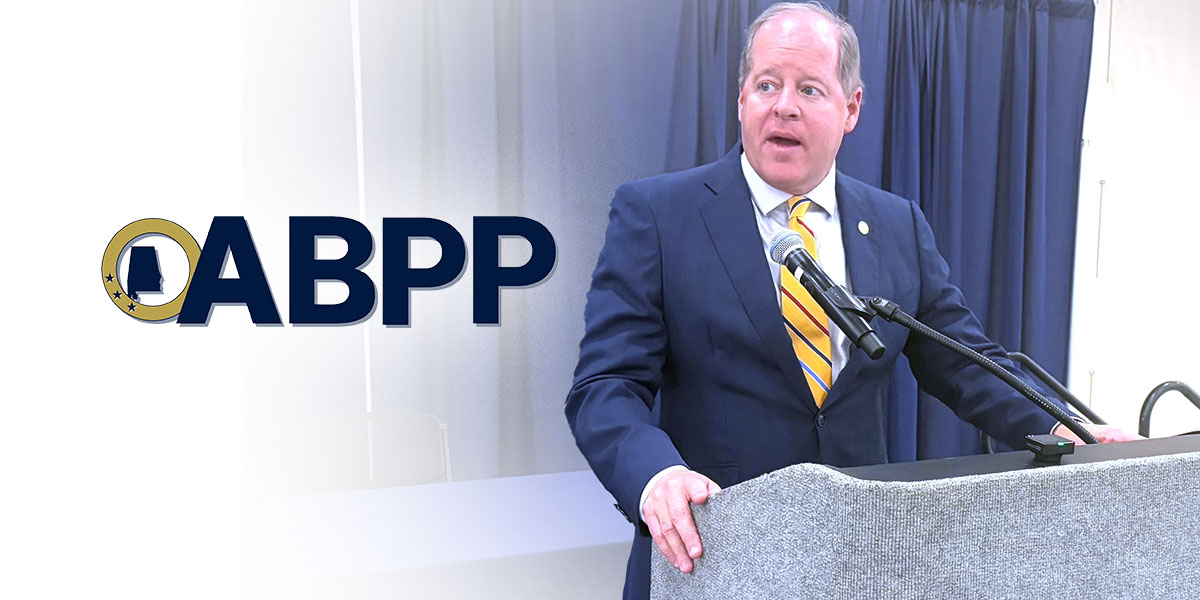As Director of the Alabama Bureau of Pardons and Paroles, I’ve seen firsthand how offering second chances can transform lives. Each person who enters our system carries a story, often marked by past mistakes but also by the potential for change. Second Chance Month is a reminder that with the right support, individuals leaving incarceration can thrive and make lasting contributions to their communities.
Alabama’s recidivism rate stands at approximately 30%, underscoring the urgent need for programs that reduce repeat offenses and provide a pathway to success. This is why the Alabama Bureau of Pardons and Paroles remains committed to rehabilitation efforts like the Perry County PREP Center, which equips individuals with personal development, education, vocational training, and life skills.
Since its opening in 2022, well over 300 graduates have completed the program, and not one has returned to prison. This success demonstrates that when we invest in second chances, we are not just changing individual lives but strengthening entire communities.
Every day, I witness people who once made poor choices now holding steady jobs, supporting their families, and contributing positively to society. Their transformation is not just a testament to personal responsibility but also proof that rehabilitation works when paired with opportunity, supervision, and support.
The Bureau is proud to be an active participant in Reentry 2030, a statewide initiative that aligns perfectly with the values of second chances. Reentry 2030 seeks to create a system that not only reduces recidivism but also ensures that individuals leaving incarceration have the support, resources, and opportunities needed for successful reintegration into society. Our involvement in this initiative reflects our commitment to providing individuals impacted by the justice system with more than just a second chance but also the tools necessary for long-term success.
Through partnerships with other state agencies, community organizations, and employers, we are able to offer a comprehensive approach that addresses education, employment, housing, and personal development.
Reducing recidivism and supporting successful reentry is not a task for one organization alone; it requires a collective commitment from employers, mentors, and communities. Employers must be willing to hire individuals with criminal records, mentors must step forward to offer guidance, and communities must extend a hand of support. It is through this unified effort that we can create a safer, stronger Alabama.
We commend our partners in the private sector, like Alabama Power and the GEO Group, as well as our champions in the legislature, like Senator Rodger Smitherman and Representative Parker Moore, who have helped us cut bureaucratic red tape to streamline the process of connecting formerly incarcerated Alabamians with good-paying, in-demand job opportunities.
Of course, our progress would not be possible without the support of Governor Kay Ivey and the work of the Alabama Community College System and Ingram State Technical College, the Alabama Department of Mental Health, the Alabama Department of Workforce, ADOC, and many others.
During Second Chance Month, the Alabama Bureau of Pardons and Paroles reaffirms its commitment to providing Alabamians with the resources and support necessary for successful reintegration.
Being tough on crime means being smart on crime. Through comprehensive rehabilitation programs and collaborative partnerships, we are working tirelessly to break the cycle of crime, promote lasting change, and lessen the burden of incarceration on taxpayers.
By continuing to invest in second chances, we can help build a brighter future for all Alabamians.
Cam Ward is the Director of the Alabama Bureau of Pardons and Paroles.













